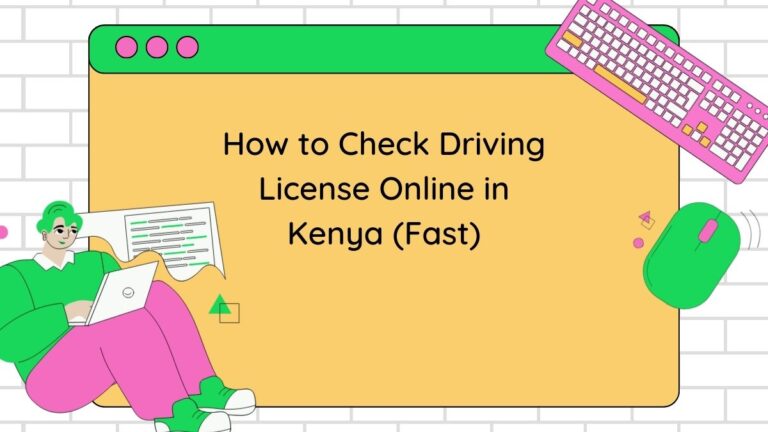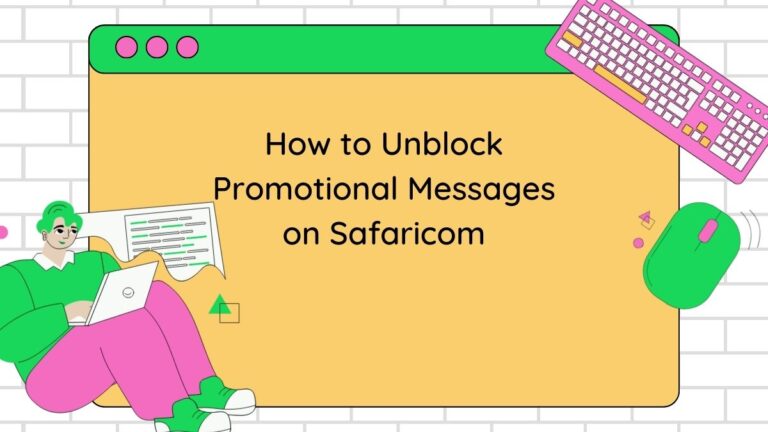Understanding M-PESA Business Permit Costs in Kenya
M-PESA, Safaricom’s revolutionary mobile money platform, has transformed how businesses operate in Kenya.
If you’re planning to run an M-PESA agency or utilize M-PESA services within your business, it’s vital to understand any associated permit costs and requirements.
Do I Need a Specific M-PESA Business Permit?
There isn’t a separate permit designated solely for operating as an M-PESA agent. However, depending on the nature of your business, you’ll still need the following:
- Single Business Permit: This overarching permit is required for most businesses in Kenya and usually covers basic M-PESA transactions.
- Sector-Specific Permits: If you run a shop, restaurant, or other business integrating M-PESA as a payment method, you’ll need the industry-relevant licenses as well.
Read also: No. 1 Guide to Types of Business Permits in Kenya
Factors Affecting M-PESA Related Costs Within Your Business
Here’s a breakdown of how M-PESA might impact your business permit expenses:
- Business Size and Transactions: The cost of your Single Business Permit, which often gives basic M-PESA authorization, is influenced by the size of your business and your estimated transaction volumes.
- M-PESA Agent Float Requirements: If you become a full-fledged M-PESA agent, Safaricom requires you to maintain a minimum float (balance on your M-PESA account). This is not a permit cost but an operational expense to consider.
- M-PESA Business Till: Businesses wishing to accept larger volume M-PESA payments often utilize the M-PESA Business Till. This service has transaction charges that impact your overall costs, but there is no separate permit specifically for the till.
Where to Find Information about M-PESA Related Costs
- County Government: Contact your county government for the most accurate Single Business Permit cost structure, as fees can vary among counties.
- Safaricom: Visit the Safaricom website (https://www.safaricom.co.ke/) or contact them directly for information on M-PESA agency requirements, float minimums, and M-PESA Business Till transaction charges.
- Kenya Trade Portal: This online portal (https://kenyatradeportal.go.ke/) provides information on various business licenses and may have details relevant to M-PESA costs within your specific county.
Important Reminders
- Permit Costs are Dynamic: Permit fees can change, so always inquire about the most up-to-date costs when applying.
- M-PESA Agent Requirements: If you plan to become an M-PESA agent, Safaricom has additional criteria beyond licensing, such as physical shop requirements and security measures.
- Transaction Fees: Even without a specific M-PESA permit, remember that M-PESA transactions normally incur charges both for the customer and, in some cases, for the business receiving payments.
Conclusion
While there’s no single “M-PESA business permit,” it’s crucial to factor in the potential costs associated with M-PESA as part of your overall business licensing and operational expenses in Kenya.
To ensure a prosperous business venture, it is essential to gain a thorough understanding of these expenses.
This will enable you to make informed decisions and budget effectively, setting your business on the path to success.
Read also:







